Philip Marsden’s book is about place. He makes a distinction between place and space. In his mind ‘place’ is something resonant, evoking a connection with the land and its meaning.
Marsden is obsessed with pre-history and the beliefs and practices of the earliest inhabitants of Cornwall. He cites with approval someone’s judgment that written history is a palimpsest and he is demonstrably eager to see what was written over. Although his area of special interest is Cornwall, he describes expeditions to other European countries in search of a kind of kinship of belief and practice among them. His book is also a personal account of renovating an old but enchanting house on the Fal, interspersed with descriptions of his journeys across Cornwall, mostly on foot, to get close to the impenetrable secrets of pre-history. What were the standing stones for, what was the point of stone circles, why were the dead buried in caves, were mountains uniformly numinous?
With his wide knowledge of the many theories — some intuitive, some bonkers — about what the people who lived here actually believed, he is well equipped to make connections:
For 2,000 years, and probably longer, the banks of the Upper Fal were a-bustle with activity. Punts and barges criss-crossed the river, netters and mussel gatherers worked its foreshore, fullers dipped fleeces in the creeks, lime-burners stoked riverside kilns. Larger trading ships were rowed up to Tregony to land wares from the continent and the Mediterranean, and fill their holds with wood or streamed ore. Ptolemy may have been referring to Tregony when he included ‘Voluba’ in a list of ports.
Or perhaps he may not have been referring to Tregony; in the peering-back-into-antiquity business, there are no certainties.
But Marsden, well aware that the theories of a few centuries of amateur sleuthing have mostly arisen more from the inclinations of the sleuth rather than from any serious evidence, pulls off a remarkable feat. Not only does he take a scholarly interest in the Cornish place names and their derivations and corruptions by, for example, the Romans, but he also explores the landscape itself in order to understand why Cornwall came to be seen as a mystical place. He ferrets about with an astonishingly keen eye for detail and he has a beguiling gift for the description of landscape, including old buildings. He particularly loves Bodmin Moor.
On his walks Marsden has encounters with farmers and eccentrics, and he also gives more prosaic, but equally interesting accounts of doing something elemental — renovating his house, for example — and discovering in the process all sorts of connections to the past, both ancient and more recent. When he walks through a huge moonscape of a china clay operation, he observes that the spoil of the mine is so high that it has blocked out the immemorial view of a mountain, one which would have been in the sight-line of prehistoric man.
He also tracks down the observations of 18th- and 19th-century historians, archaeologists, fossickers and traders, some in obscure museums, some in libraries. He gives the reader a vivid account of Robert Bennet, a merchant of Tregony who died in the early 17th century. Marsden takes delight in giving us a sonorous list of the goods mentioned in his will: green buckram, cambric, silks from Bologna, Naples and Spain, fine white calico, crimson moccado, tuft fustian, fine holland, poldavies and tabby. And many, many more — which suggest to Marsden the fascinating and rich life of Cornwall 200 and more years ago. He makes an ironic contrast between the abundance of Bennet’s stocks and what’s on sale in the local Londis, where he finds Crunchy Nut Corn Flakes, Chilean Merlot and bananas on the shelves.
This is an extraordinary, complex and fascinating book. It is not just about Cornwall; it also about the human endeavour to make meaning of life.
Got something to add? Join the discussion and comment below.
Get 10 issues for just $10
Subscribe to The Spectator Australia today for the next 10 magazine issues, plus full online access, for just $10.
Available from the Spectator Bookshop, £17 Tel: 08430 600033
You might disagree with half of it, but you’ll enjoy reading all of it. Try your first month for free, then just $2 a week for the remainder of your first year.

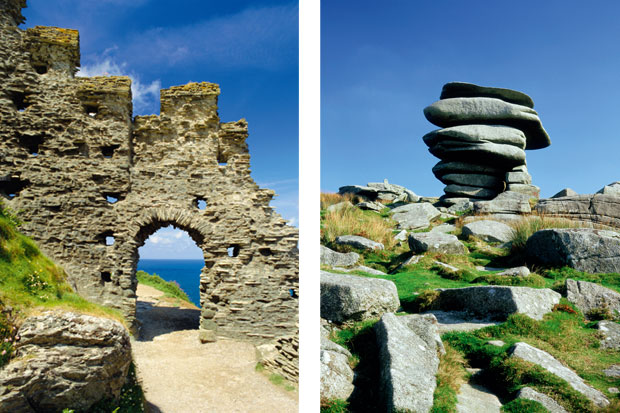
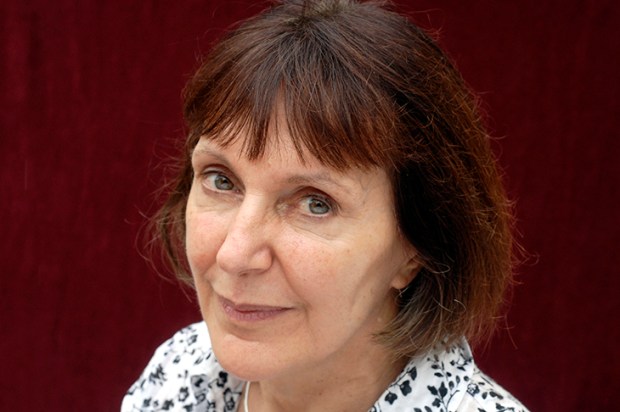


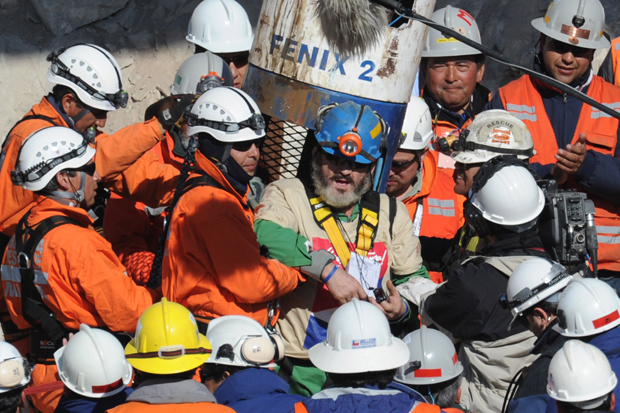
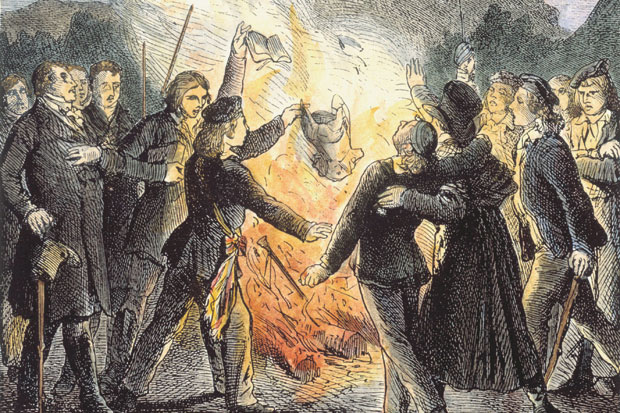
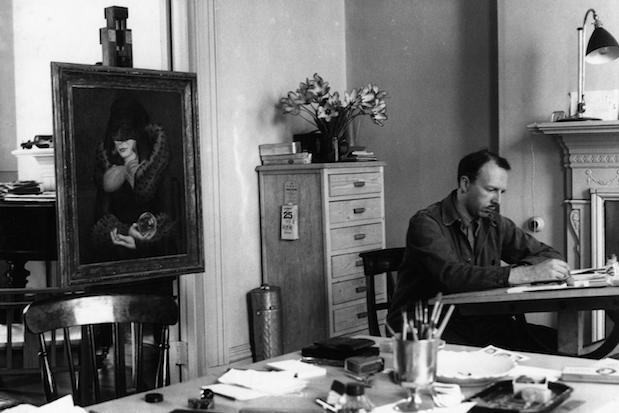






Comments
Don't miss out
Join the conversation with other Spectator Australia readers. Subscribe to leave a comment.
SUBSCRIBEAlready a subscriber? Log in